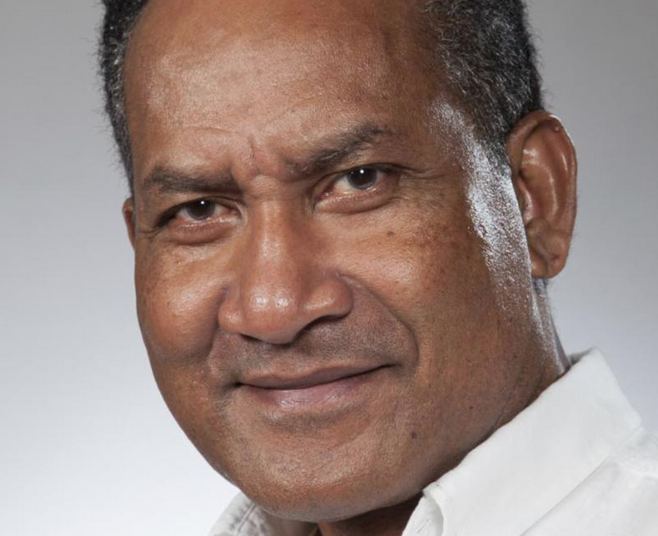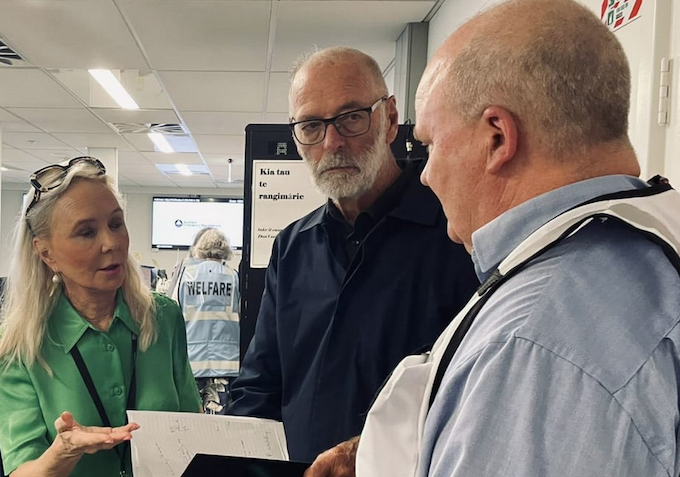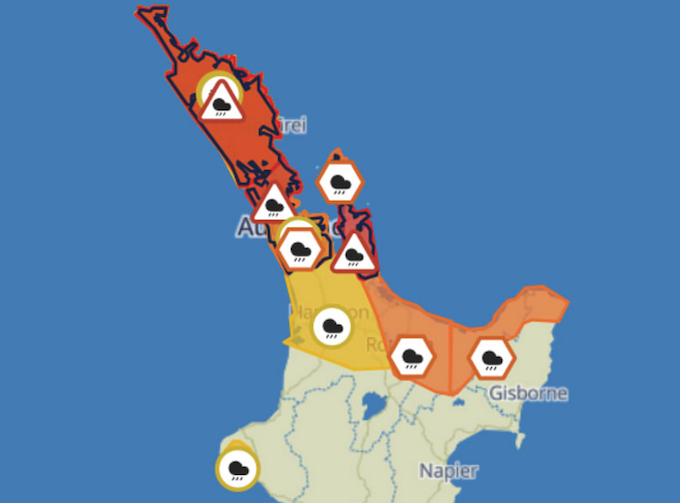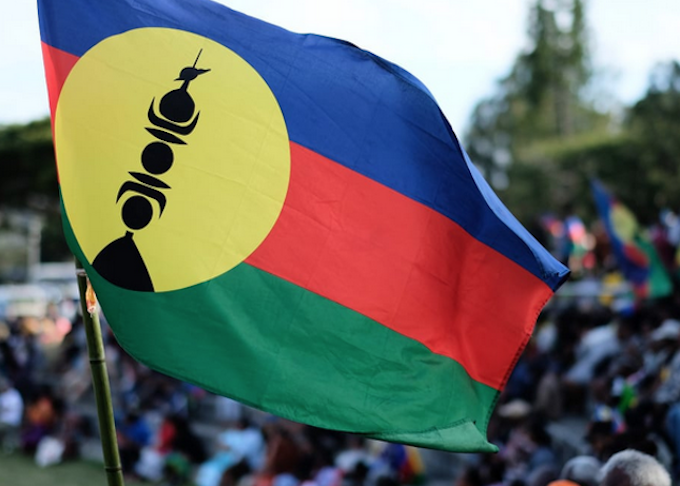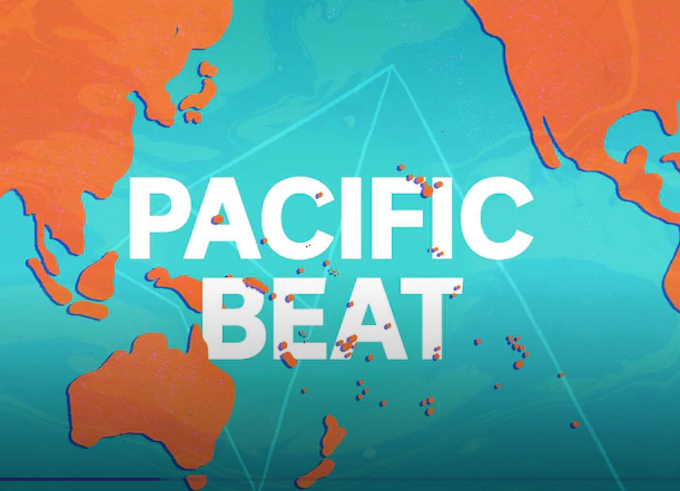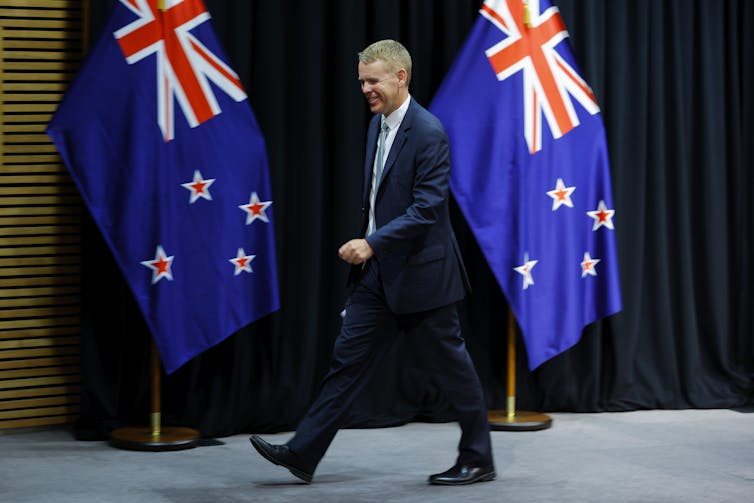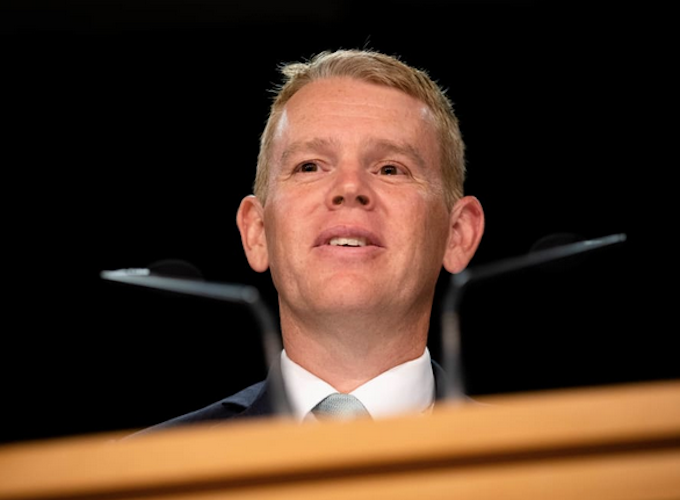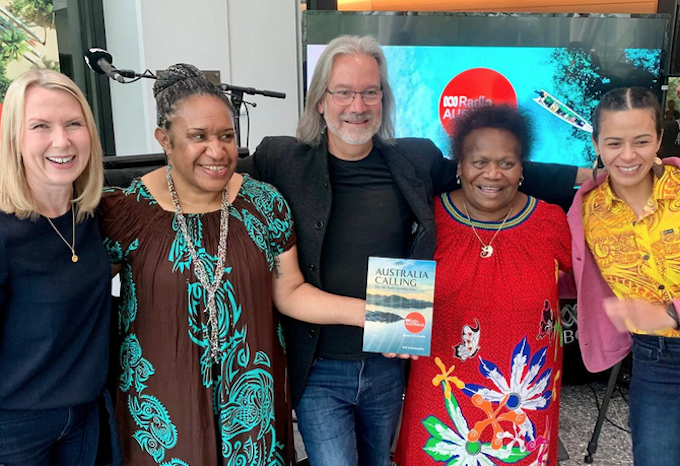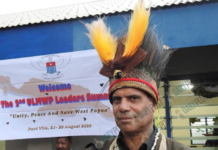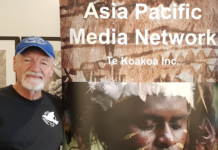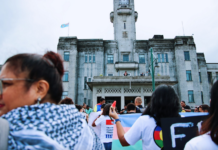COMMENTARY: By Richard Naidu in Suva
Breakfast they say, is the most important meal of the day.
But last Wednesday it was possibly also the most dangerous. Because that’s when many people were likely to be reading The Fiji Times and choking over their corn flakes.
They could have been reading more pontification from the former attorney-general Aiyaz Sayed-Khaiyum about “constitutionalism” and “rule of law” and “the embodiment of the values and principles surrounding constitutions” . . . etc.
I am not often at a loss for words. But the sheer brazenness of someone who, in the course of nearly 16 years in government, paid little regard to any of these things, brought me pretty close.
Last weekend Aiyaz Sayed-Khaiyum gave a rambling press conference complaining about all manner of things the new coalition government was doing. I was so irritated I put out a long statement debunking the so-called “breaches of the Constitution” he was alleging.
But the man doesn’t give up.
He is clearly unmoved by any embarrassment he may feel about having first accepted a Constitutional Offices Commission appointment that got him kicked out of Parliament under the Constitution he drafted; and then resigning the COC position when he realised he could not do that job and also be the FijiFirst party general secretary.
All in the space of three days. That’s the legal equivalent of shooting yourself in both feet.
So let’s begin by talking about “rule of law”, because I am beginning to wonder if anyone in the FijiFirst party even understands what it means.
Rule of law
Let’s begin with what it does not mean. Rule of law does not mean “I made the laws, so I rule”. Rule of law is a much more complicated idea than that. Many people have tried to define it, in many different ways.
For those of us who are interested in it, it’s one of those things you sort of know when you see. But a central point of it, I think, is the idea that the law is more important than the people who make it or exercise power under it.
So that means that our rulers — like the people they make the rules for — must respect it in the same way that we have to. Lord Denning, a famous British judge (millennials — look up his role in Fiji’s history) repeated (and made famous) the words of the 18th century scholar, Thomas Fuller: “Be you ever so high, the law is above you.”
For more than a decade, the government of which Aiyaz Sayed-Khaiyum was part of, paid little heed to this idea. It followed the law when it suited them, but ignored it when it didn’t suit them.
Let’s assume, for the moment, that he believed that the 2006 military coup (which the grovelling Fiji Sun once memorably described as “a change in direction of the government”) was lawful, together with the military government which followed.
That government continued to tell us it would follow the 1997 Constitution. But in April 2009 Aiyaz Sayed-Khaiyum could no longer believe that the military government was lawful. Because, in a case brought by deposed by deposed Prime Minister Laisenia Qarase, the Fiji Court of Appeal clearly told him that it wasn’t.
If you believed in rule of law, you would accept what the court had told you, quit your post and allow the lawful government to return, as the court required. He did not. Instead, he and his government decided that the 1997 Constitution had become inconvenient.
So they just trashed it. This was not rule of law. Aiyaz and the then government had instead decided that they were above the law.
The new constitution
Fast forward to 2012 and the process of a new constitution. We were told (in a pompous government media statement on 12 March 2012) that the then government was “looking to the future of Fiji and all Fijians”.
“During the process of formulating a genuine Fijian constitution,” we were told, “every Fijian will have the right to put their ideas before the constitutional commission and have the draft constitution debated and discussed by the Constituent Assembl . . .
“As the process continues with the Constitution Commission and the Constituent Assembly all Fijians will have a voice.”
What actually happened?
The well-known constitutional scholar Professor Yash Ghai was flown in to chair a new constitutional commission. His commission travelled around the country, gathering the views of the people on what a new constitution should say.
Hardly a perfectly democratic process, but better than nothing. The Ghai Commission drafted a new constitution. But the government didn’t like it. So much for the “voices” of Fijians. Out it went — constitution, commission and all. Six hundred printed copies of the draft constitution were dumped into a fire.
Professor Ghai was sent packing. Instead we were handed the 2013 Constitution, pretty much from nowhere. No “Constituent Assembly”. Nobody “had a voice”. So, was that all a process Aiyaz Sayed-Khaiyum might call (his word) “constitutionalism”?
Did things get any better?
So, at least the new Constitution, and the elections of 2014, were a new start. Maybe we could expect the new elected government, of which Aiyaz Sayed-Khaiyum was chief legal adviser, to begin thinking about “rule of law” and “constitutionalism” and “embodying values and principles surrounding constitutions”?
Here’s one more important point about rule of law. It’s not just about the laws which tell you what to do and what not to do. It’s also about the law protecting your rights and freedoms — and protecting what you are allowed to do.
Your rights and freedoms under the 2013 Constitution include your rights of free expression, your rights to assemble and protest, your right to personal liberty — yes, the right not to be locked up at whim — among many others.
They even include the right to “executive and administrative justice” — that is, to be treated fairly by the government and its institutions. So a government that is applying the laws of the land ought to, while applying them (in the words of Aiyaz Sayed-Khaiyum) “embody the values and principles” of that Constitution.
How, then, were the “values and principles” of our Constitution being embodied when unions were repeatedly being denied the right to assemble and protest? How were they being embodied when under our media laws, journalists were threatened with jail for writing stories which were “against the national interest” (whatever that meant)?
How were the “values and principles” of our Constitution being embodied when public servants lived in permanent fear of arbitrary dismissal?
How were the “values and principles” of our democratic Constitution being embodied when the government passed important laws in Parliament, affecting things like our voting rights, citizenship, our rights to a fair trial and the regulation of political parties, all by surprise, on two days’ notice?
No cell time
There was an outcry earlier this week when police, over two days of questioning our former attorney-general, did not put him in a cell overnight. After all, former opposition politicians such as Sitiveni Rabuka, Biman Prasad and Pio Tikoduadua, when taken in for questioning for objecting to bad laws, were not so fortunate.
They got to spend a night in police custody. Why, people asked, was Aiyaz Sayed-Khaiyum getting special treatment? The answer? He was not getting special treatment. What was actually happening was that — for the first time in many years — the police were applying the law correctly.
If the person you are questioning is not a flight risk, there’s no need to lock him up. He is innocent until proven guilty. His personal freedom is more important than the convenience of the police.
He can sleep in his own bed and come back for more questioning tomorrow.
That would be, in Aiyaz Sayed-Khaiyum’s words, “embodying the values and principles of the Constitution”. But that is not something his government appeared to extend to its opponents when the police came calling. So I think we all deserve to be spared his lectures on “constitutionalism” for a little while.
Perhaps instead our former attorney-general might find it more valuable to take some time to quietly reflect on how well the governments of which he was part “embodied constitutional values and principles”. He has a total of nearly 16 years to reflect on — and not all of us have forgotten.
That ought to take a little while. And a few of us might then be able to enjoy more peaceful breakfasts.
Richard Naidu is a Suva lawyer and former journalist (although, to be honest, not a big breakfaster). The views in this article are not necessarily the views of The Fiji Times. Republished with permission.


